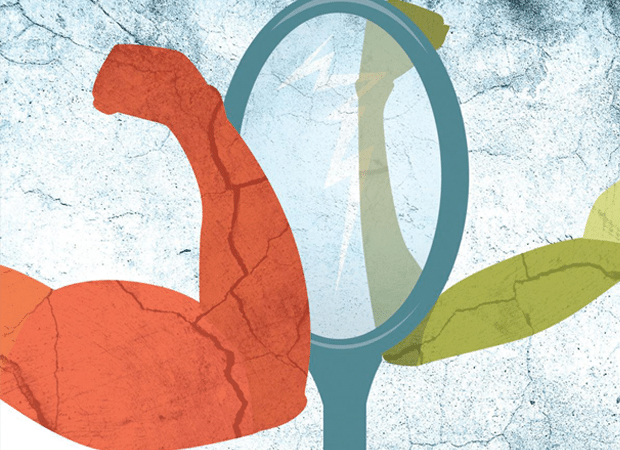Women are affected by eating disorders – an endless cycle of not eating enough, binging and purging one’s body of food and calories by vomiting, using laxatives or by exercising too much. But do men and boys also fall prey to these ‘silly unmanly’, ‘in your brain’ little ticks called eating disorders?
Yes, they do and in a big way! And eating disorders are no passing phases in a teenager’s life. They are serious progressive psychiatric disorders that can affect the sufferer to such an extent that they take their own lives because of extreme depression, hopelessness, and despair.

Research shows that people with eating disorders complete more suicides than all other mental disorders taken together.
Men and eating disorders
What is extremely worrying is that men with eating disorders are more likely to be undiagnosed and so not treated for the psychiatric disease. This makes them more prone to drug addiction, anxiety, depression, and bipolar disorders.
What’s more, boys are less likely to be diagnosed with an eating disorder, even when they exhibit similar (or even the same) symptoms as a girl. A lot of teenage boys suffer from an eating disorder called anorexia, in which a sufferer stops eating as he feels that he’s too fat when he could be mere skin and bones. Men and boys also do suffer from binge eating disorders and bulimia, the other two big eating disorders, apart from lesser variants like disruptive eating.
But, what the experts really want parents and guardians to look out for in little boys is a cheeky little monster called muscle dysmorphia- an extreme desire for muscle building and extreme dieting to look more muscular.
Muscle Dysmorphia
While most women with eating disorders wish to lose weight and become thinner, men and yes, even boys as young as seven, with muscle dysmorphia see themselves as too small and want to gain weight or increase muscle mass. They may engage in dangerous behaviors like exercising for too long and using steroids to bulk up quickly.
Muscle dysmorphia narrows down the focus of men to the singular goal of developing the perfect body. They don’t want to lose weight, as women with anorexia and bulimia do, they want to be big and muscular. And no matter how big they are, it’s never enough.
Male athletes are at a very high risk of developing muscle dysmorphia, and so are athletes such as gymnasts, swimmers, jockeys, weightlifters, wrestlers, and bodybuilders.
Muscle dysmorphia is considered a type of eating disorder or sometimes a subtype of body dysmorphic disorder, a type of mental disorder in which an individual keeps on thinking about that part of their body that he specifically hates and spends a lot of time and effort to correct the flaw that may never exist in the first place. It is very commonly overlooked as we as a society value muscular men. It’s also difficult to diagnose as most men who have the disorder may go to great lengths to hide it.
Recovery
Recovering from an eating disorder can be similar to recovering from addiction. Binging, purging, restricting food, or working out like mad can all feel like a ‘high’ and can mask other feelings.
The eating disorder cycle is broken only when the patient is taken to a psychiatrist and is diagnosed. The treatment consists of both- drugs and counseling which helps keep triggering behaviors and thoughts under control to stay on track.
Stigma and a lack of knowledge about eating disorders in parents, teachers, and society, in general, are the leading causes of under-treatment of this mental disease. These two must be overcome so that boys and men get treated for muscular dystrophy and other eating disorders before it’s too late. However, with clenbuterol for sale available today, it can help any individual facilitate the effects of muscle dysmorphia.

